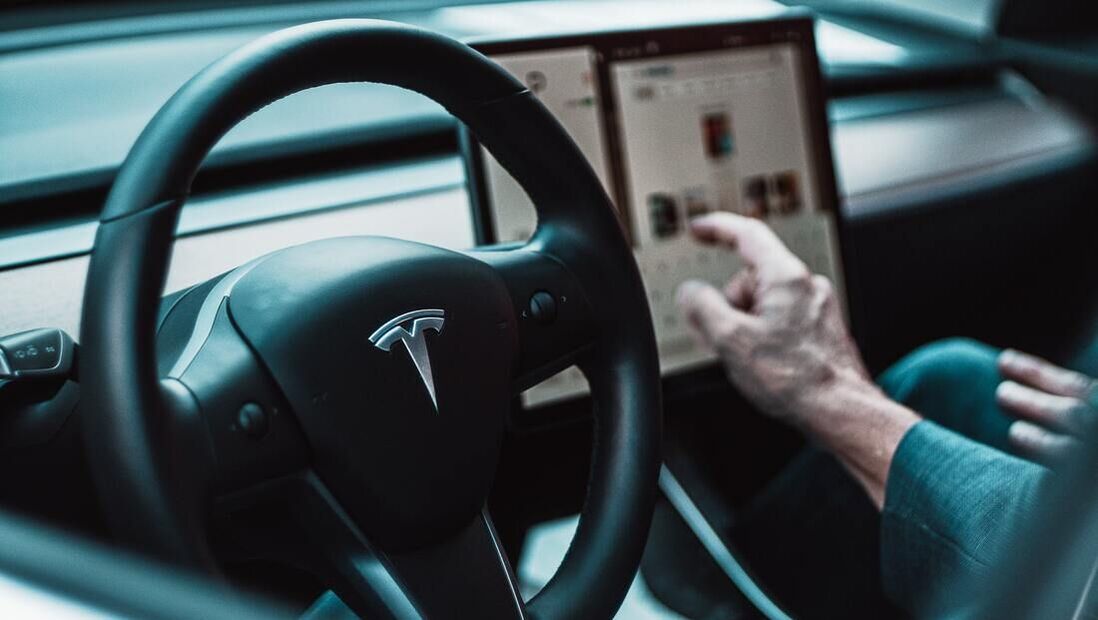|
In the 2010 Roman Polanski film, The Ghost Writer, the protagonist (played by Ewan McGregor) gains important clues to unmasking the secret behind a murder by driving the victim’s car. He simply follows the last route on the car’s GPS, leading him turn by turn to discover who the victim had visited last. At the time, it was a thrilling new twist for a neo-noir detective film.
Eleven years later, the Internet of Things is beginning to become a reality, with our cars revealing more about us than ever before. A contemporary car can accumulate 4,000 gigabytes of data every day. Our cars’ entertainment and communications systems track our address books, call logs and what we listen to. Systems made to monitor performance can report our weight, as well as where we’ve driven, and if we’ve driven there alone or with someone else. With the emergence of autonomous features, records of in-vehicle camera feeds and voice commands will become more prevalent and accessible. In short, governments can learn much more about us than Ewan McGregor’s character did by simply driving. The threat to privacy inherent in digital car technology is exacerbated by those seeking to collect and sell data pulled from our vehicles. One company, Ulysses, even obtains vehicle telematics data transmitted from embedded sensors around a vehicle. Ars Technica reports that Ulysses aspires to sell to the federal government such granular data, including locations, from every car on earth, excluding North Korea and Cuba. The law, moreover, has yet to catch up to the reality that the automobile has become a digital device. In Riley v. California, the Supreme Court held that a cellphone is a “minicomputer” holding voluminous amounts of personal information, and thus should require a probable cause warrant under the Fourth Amendment to examine its texts, images and emails. But laws governing car searches are still in the analog world. The government thus asserts an “automobile exception” to the Fourth Amendment because a car, unlike a house, can be driven off with evidence. It is also not practical to seek a warrant from the side of a highway. But when it comes to the storehouse of digital data contained within a car’s computers, clearly the Riley standard should prevail. Sens. Ron Wyden (D-OR) and Cynthia Lummis (R-WY) have recently proposed legislation to ensure that result, as have Reps. Peter Meijer (R-MI) and Ro Khanna (D-CA). Under their proposal, law enforcement will have to obtain a warrant based on probable cause before they can search data from any vehicle that does not require a commercial driver’s license. Under the “Closing the Warrantless Digital Car Search Loophole Act,” any vehicle data obtained in violation of this law would be inadmissible in court. Sen. Wyden in a statement said: Americans’ Fourth Amendment rights shouldn’t disappear just because they’ve stepped into a car. He’s right. And the Project for Privacy and Surveillance Accountability (PPSA) urges Congress to enact this proposal promptly. Comments are closed.
|
Categories
All
|


 RSS Feed
RSS Feed